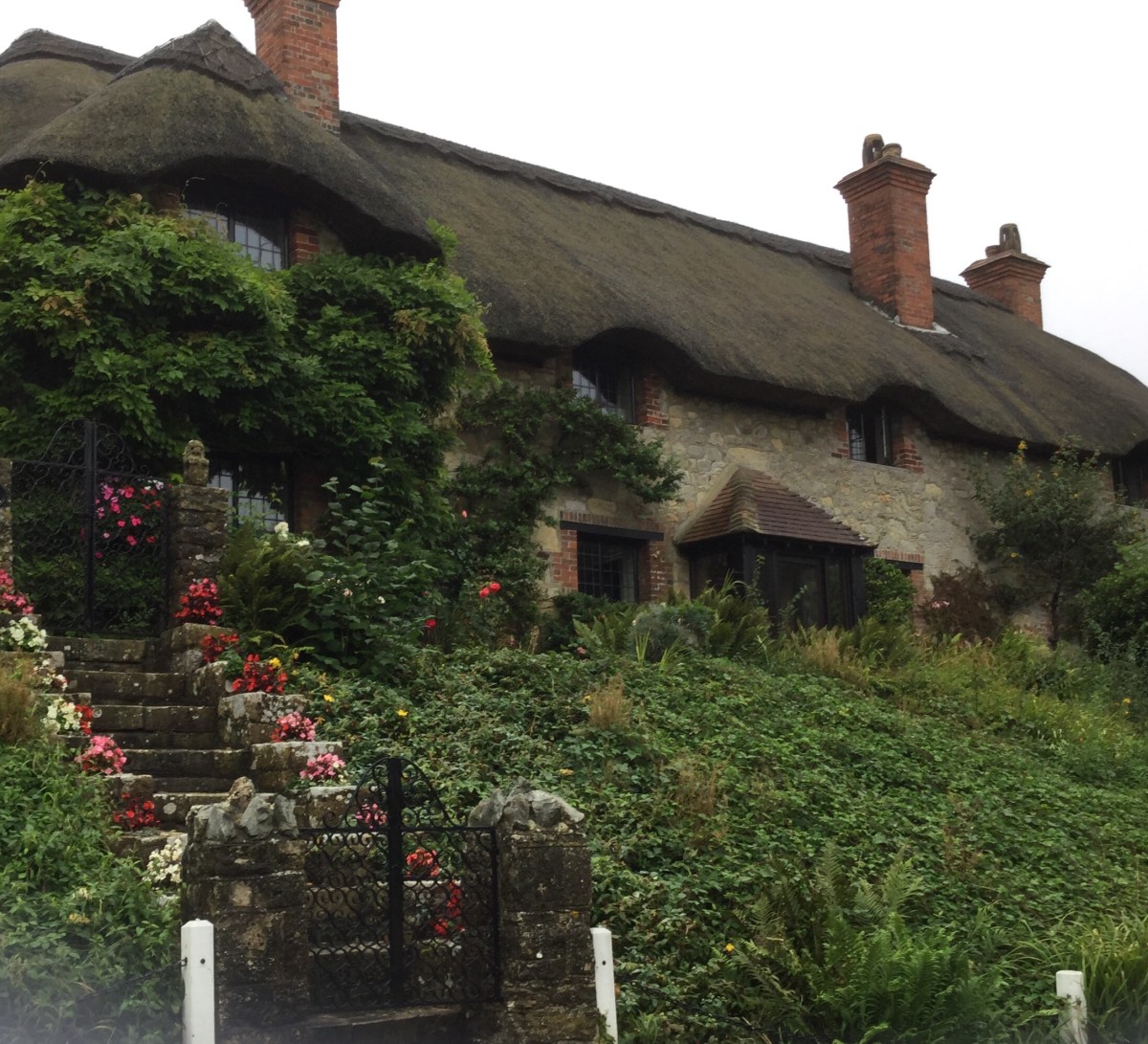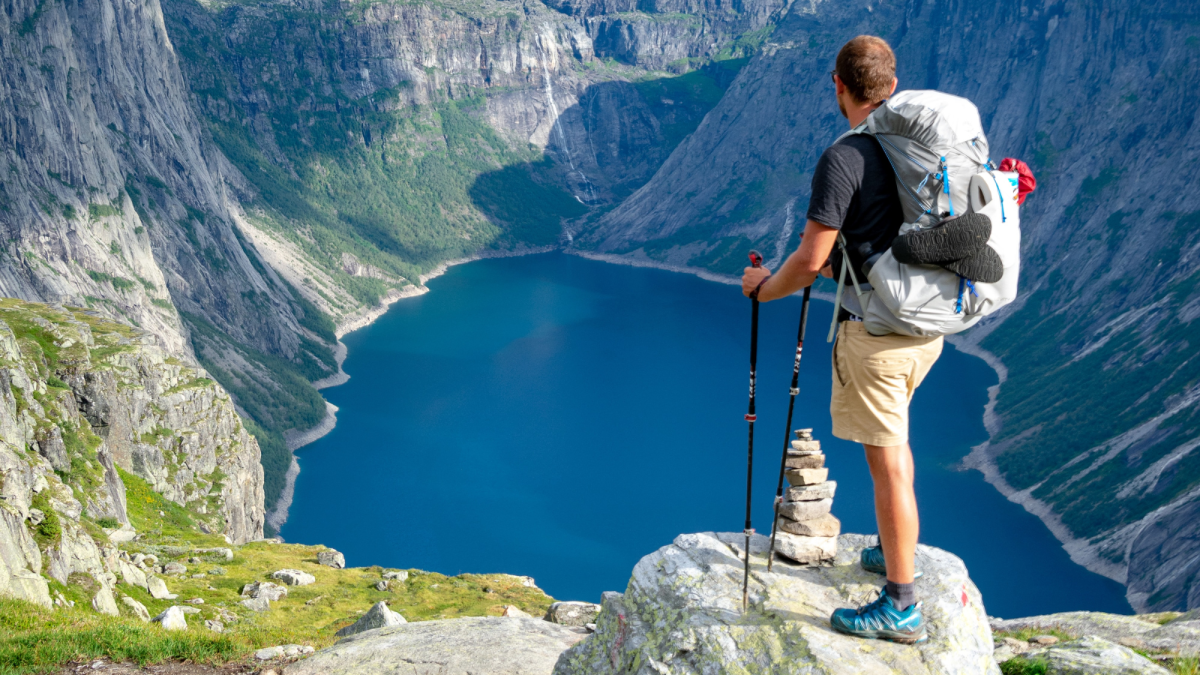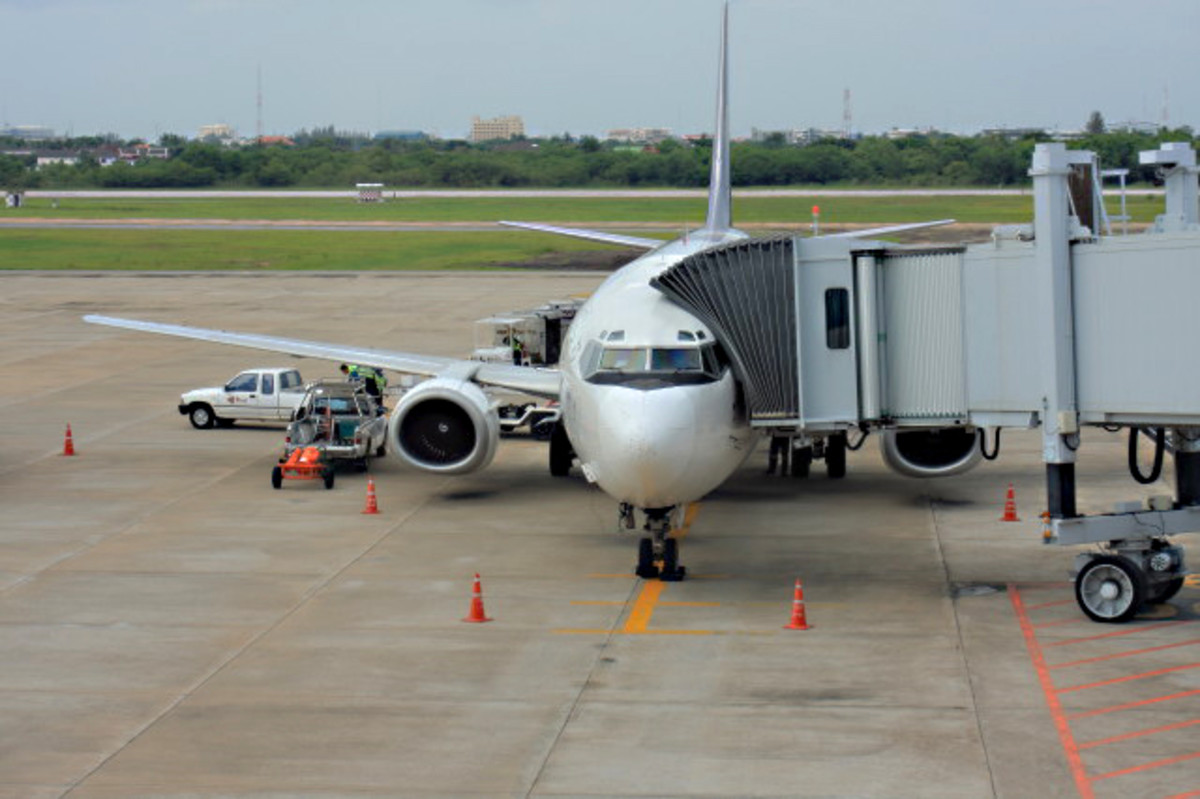Is It Safe to Vacation in Iceland?
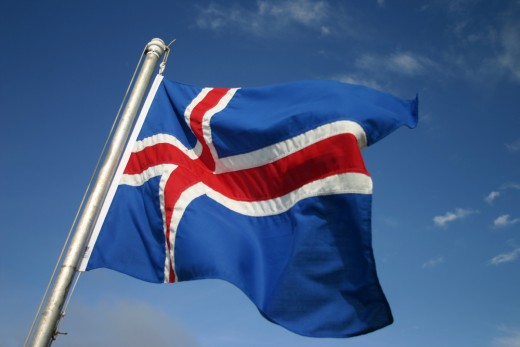
Iceland is a country of such natural beauty, it is hard to put into words. With natural geysers, black sand beaches, and pristine lakes and rivers; it is truly a sight to behold. (Did I mention you can occasionally see the Aurora Borealis at night time). But as a wary traveler / cautious vacationer. you may ask yourself....Is Iceland safe for vacationing?
In short the answer is yes, with a few small caveats (hey no where is perfect). The rest of this article with rundown the basics of crime and civility in the land of Nordic wonder.
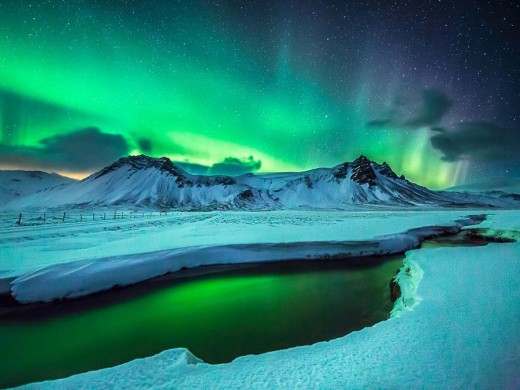
The Situation:
Essentially, Iceland is one (if not the) safest country in the world. In fact, according to the 2017 Global Peace Index, a relative ranking of peace and peacefulness among 163 different countries, Iceland is the most peaceful country in the world. Moreover, it has held that #1 ranking for the past 3 years.
This is surprising for a country with 325 thousand people, an almost completely unarmed police force, no army and an almost 30% gun ownership rate (more on this later). I mean don't get me wrong, Iceland is not Utopia. Homicide, Petty theft and other forms of anti-social behavior do occur (especially near the bars of downtown Reykjavik); however the instances of these crimes occur at a fraction the rate that they occur in other developed countries. (Fun Fact: Usually, at any one time, Iceland only has about 150 to 200 people in its prisons.)
In truth, the greatest hazards for tourists and vacationers to Iceland come from its unpredictable weather and its similarly unruly road conditions. The next few sections will elaborate on this in great detail.
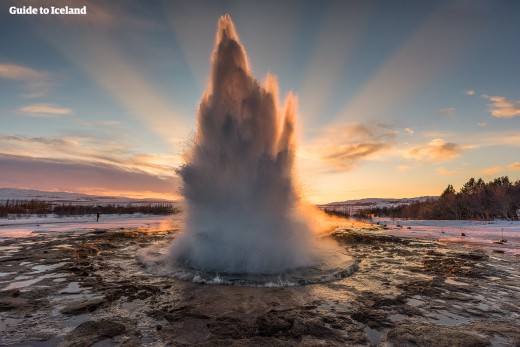
Dangers From Weather / Natural Disasters:
As indicated before, Iceland's weather can be volatile and very unpredictable. On top of that, weather variations between different regions in Iceland can be wildly different. This can cause a nightmare for many tourists in Iceland who enjoy hiking the scenic countryside. This applies especially to Iceland's notoriously icy highland region.
Speaking about hiking, whether going with a tour group or going solo; it is important to tell others your itinerary and to bring all necessary equipment with you. Each year it is estimated that at least 5-10 tourists fall victim to unfortunate circumstances while traversing Iceland's wilderness. Don't become a statistic. There are numerous local and international organizations that can help you avoid catastrophe; these include the Icelandic Meteorological Office (IMO), the Icelandic Association For Search And Rescue. Others are included in the "Useful Contacts" section at the end of the article.
Volcanic Activity:
Little known fact, Iceland is volcanically active and earthquake prone. There have been a number of incidents over the past 20 years where powerful volcanic activity has disrupted island life and even endangered North Atlantic airspace:
- November 17, 2017, the IMO issued a warning for increased volcanic activity around Oraefajokull.
- August 2014, The Baroarbunga volcano erupted causing alterations to airspace in nearby Ireland.
- In 2010, the Eyjafjallajokull volcano erupted in a spectacular fashion. It essentially grounded flights all across Europe and cost an estimated 4 billion euro in lost revenue. (Video of the erupting volcano can be seen below)
Once again, it can be very useful to stay up-to-date with warnings issued by the Icelandic Meteorological Office and websites such as safetravel.is.
2010 Eyjafallajokull Eruption
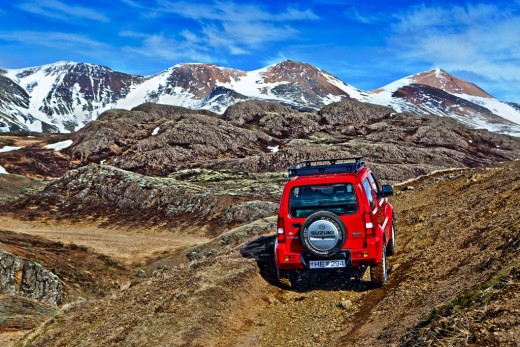
Road Hazards:
Due chiefly to the weather, driving conditions in Iceland can be unpredictable and dangerous. In fact, while Iceland's crime rate is at global and historic lows; its rate of road accidents and road deaths has steadily crept up over the past decade. For example, in 2015 there were a total of 16 deaths in Iceland due to road accidents. Given Iceland's small population, this equals a higher road death rate than a number of developed nations.
So, is Iceland safe to drive through? Only if you take all the necessary precautions. For example, make sure that you have the right vehicle for the terrain you will be encountering on your journey. Especially in the remote areas of Iceland, many roads can be unpaved. In addition, very powerful winds and ice can definitely affect your commute.
Otherwise, if you do not feel that the need to travel iceland roads, you can take helicopter tours, boating trips, there is even horseback riding in some areas.
Are You Planning A Trip To Iceland Soon?
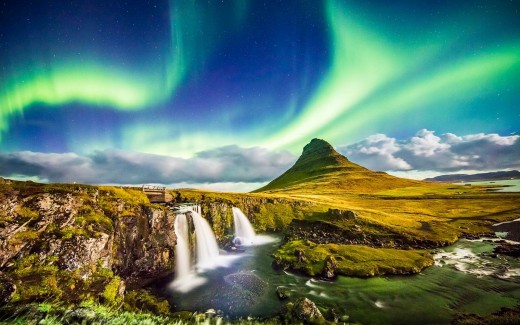
World Class Gun Control :
While you are considering, is Iceland safe to visit. Consider this. While its residents have a 30% gun ownership rate and rank number 15 in the world for gun ownership per capita; there are very....very few crimes involving guns. The reasons for this are many, and I will review a few here.
First, obtaining any kind of firearm is not an easy process in Iceland. You have to pass a written and a medical examination (which of course includes a psych evaluation). Secondly, in Iceland there is a proud policing tradition of stopping crimes before they occur. This occurs through constant community outreach and engagement,
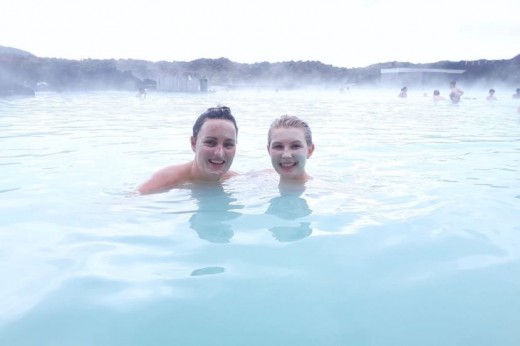
But, Remember To Enjoy Yourself
Just as in any country, while visiting Iceland, safety should be a priority. However, don't forget to enjoy this wonderful land and everything it has to offer. The people are friendly and as down-to-earth as they come. There are artistic and cultural sites dotted all around its shores. And if you are looking for nightlife, I hear downtown Reykjavík is the place to be. Just watch out the drunken layabouts near Austurvollur Park. I hope this guide has helped, and I do hope you enjoy your trip.
Emergency Contacts and References:
Icelandic Association for Search and Rescue: http://www.icesar.com/
Icelandic Meteorological Office: http://en.vedur.is/
*** Note that the National Emergency Number in Iceland is 112. ***


